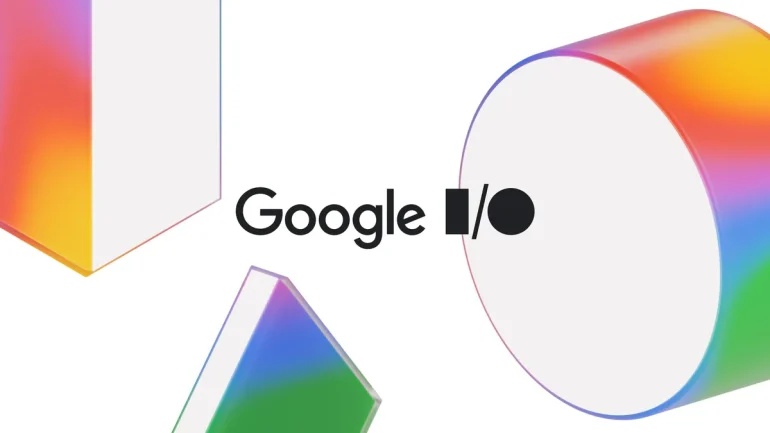Since its founding, Google has insisted that its mission is simple: to organise the world’s information and make it useful. At I/O 2025, that mission took on a new texture, not just organising data but organising us: what we want, what we mean, what we’ll likely do next.
Gemini, Google’s flagship AI model, now underpins nearly every interface the company builds — Android, Chrome, Workspace, Maps. It listens more than it talks. It suggests without interrupting. It’s no longer an assistant; it’s becoming a companion.
But beneath the sleek demos and casual confidence lies something else: a shift in how Google sees the human user. Not as a searcher, not even as a customer, but as a dynamic personality to be interpreted in real time, contextually, ambiently, continuously. The new Android experience doesn’t just ask what you need. It quietly watches. It learns what you always need.
There’s something deeply elegant about that, and something faintly unnerving.
The rise of quiet AI
Sundar Pichai didn’t shout. He didn’t need to. Google’s leadership spoke calmly about “agents,” “orchestration layers,” and “personal context.” But the subtext was clear: the next phase of AI isn’t about brute computational power; it’s about subtlety. It’s about empathy, real or simulated.
A new era of AI isn’t announcing itself in spectacle; it’s folding into daily life. We might not even notice we’re using it. Gemini can summarise your inbox, pre-compose your documents, navigate your calendar, rephrase your tone. You’ll probably forget you did any of it.
This is ambient computing in its purest form: not a tool you summon, but an intelligence that is always already there.
A mirror, not a machine
Google I/O 2025 also introduced Android XR, its extended reality platform, and a redesign of Android using “Material 3 expressive.” But these were adornments. The core idea was deeper: AI that reflects you.
The notion of a system that subtly shapes itself to its user raises profound questions: how do we know where our preferences end and machine influence begins? What happens when software predicts our thoughts before we fully form them?
These are philosophical questions, yes, but also political ones. As Gemini AI becomes more integrated, so too does the infrastructure of surveillance, consent, and algorithmic nudging. Who are we becoming when machines constantly learn who we are?
The comfortable dystopia
If this sounds dystopian, it’s not — yet. Google’s design is too polished, its intentions too benevolent-seeming. But the comfort itself is part of the story. This is not Orwellian AI. It is ambient, pleasant, helpful.
And that might be the most powerful form of technological control yet: one we embrace willingly, even gratefully. As Gemini begins to not just answer our questions but anticipate our thoughts, we must ask: are we delegating tasks or autonomy?
The future isn’t coming. It’s already speaking, in a voice designed to sound like ours.


